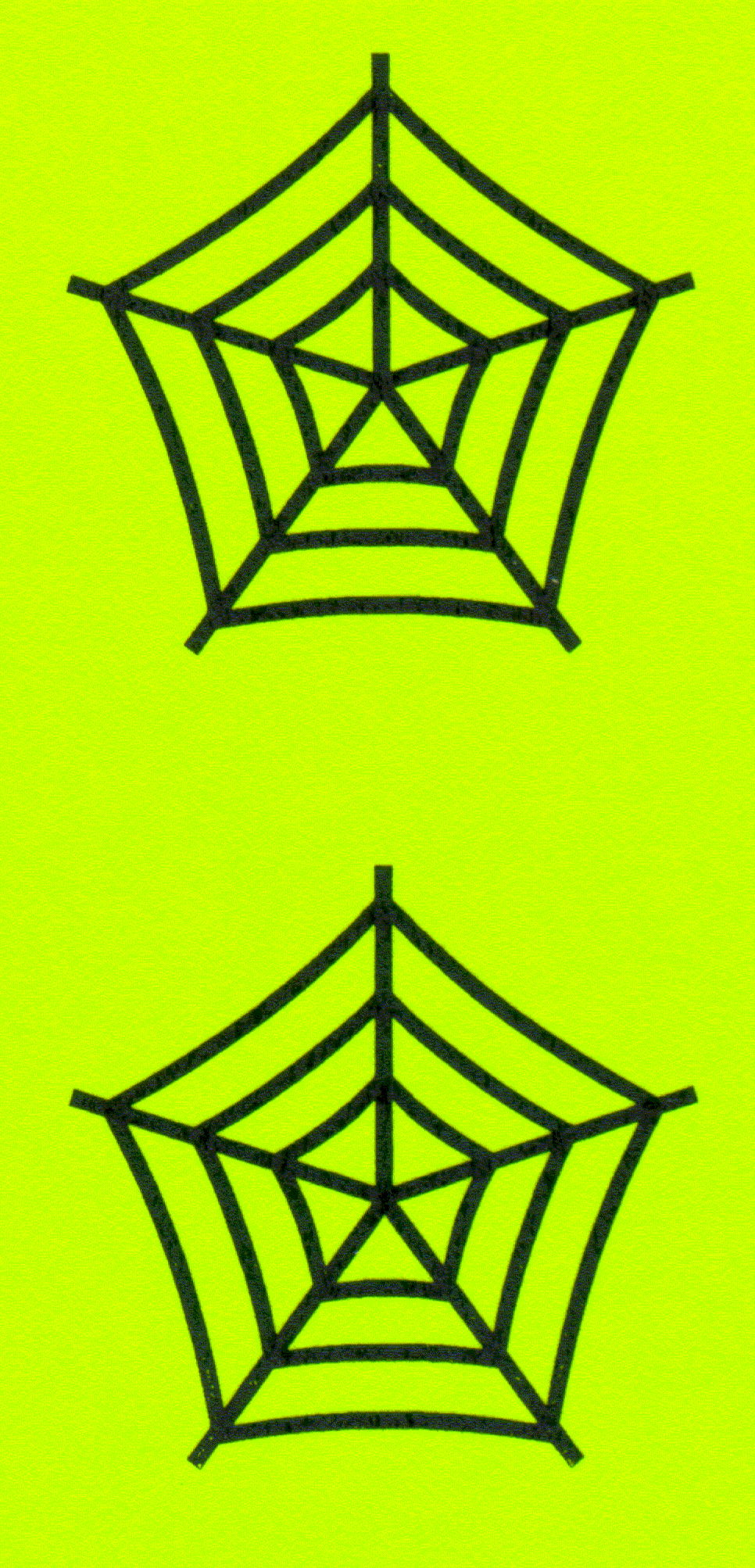

The EV-WEB
- - Eclectic
Verity
- - -
Eccentric
Variety - -
- - Esoteric
Validity - -


I have long been a fan of the superhero genre. In some ways,
it is the ultimate consilience of popular culture, a sort of inter-genre genre, for
where else but in superhero comic books might a woman who is both a novice enchantress and a
mutant who alters the cosmic forces of probabilty marry a sentient synthezoid - a combination
synthetic man and robot (i.e. he has both synthetically produced organic body parts
which duplicate living tissues and fully mechanical parts which function as complex technological
bits)? In superhero comic books, the setting can veer from scientifically
viable SF to wild-'n'-woolly space opera to realistic film noir detective drama
to fantastical action-adventure tales to complex epic myth to simplistic children's
fantasy and back again, yet at its best, it manages to maintain
internal coherence and continuity.
Unfortunately, too many superhero comic books have lost that
sense of adventuresome fun so vital to the suspension of disbelief required for the superhero
genre to work. The banner of fun (never silly! fun!) in
superhero comic books has been taken up by what many refer to as the 'retro'
movement. An example of this movement would be the work at
Big Bang Comics. This
comic book company recreates the wonder and inspired whimsy of the comic books of the 1940s and
the 1960s (and occasionally other time periods as well). Sometimes the stories in
Big Bang Comics simply recreate the retro feel, and sometimes the stories use the style
of parody.
A different take has been Alan Moore's work on Supreme.
In many ways, Alan Moore's works had been an unintentional inspiration for the faux
cynical pose so popular today, for much of this faux cynicism is a weak effort to imitate
the authentically dour deconstructionism of his epic superhero tale, *The Watchmen*,
further inspired by his brilliant SF take on superheroes in the *Miracleman* title. Moore
has given a retro feel to the character of Supreme
while still maintaining believable characterization, and his moments of parody occur more as
commentary on modern superhero comics and homages to the superhero trends of the past.
A retro approach which has never engaged in parody would be Kurt Busiek's
*Astro City* title. The fictional city of Astro City is home to a wide variety of
classic superhero archetypes which do not duplicate existing superhero characters.
The series is full of sly homages, however, in the names given to street corners
and businesses. A good resource for this masterwork would be the
Visitor's Guide
to Astro City.

A delightful internet site which commemorates the innocence and unashamed
whimsy of the past can be found on
The Space Canine Patrol Agency.
Personally, I miss the superpowered pets. Who could forget Streaky the Supercat
empowered by X-Kryptonite, or Speedball's superpowered bouncing cat?
Superpowerful animal-comrades can traced back to such figures as Pegasus and Cerberus in Greek
Myth, Legend, Folklore. Seemingly sentient
pets have been a U.S.American story tradition since before Lassie and The Black Beauty.
D.C. Comics came close to a return to those moments of playful glory during a cross-over
involving The Flash III and Rex the Wonder Dog, with the mention of the Bureau of Altered Animals, but
unfortunately, that idea seems to have been forgotten. I find this a pity.
Some modern faux cynics disparage the idea of pets as honorary family members, but with all
the people who own dogs, cats, birds, fish, horses, snakes,
and even spiders, it's a shame that superhero comic books don't explore the
potent relationships between people and pets more thoroughly.
A marvelous parody of superheroes also captures the delight of the older
superhero comic books in The Tick.
(I often find it bemusing that so many people can only let themselves enjoy something which is
playful or innocent if they pretend to be parodying it instead!) The Tick follows
the classic archetype of the incredibly-strong- and -incredibly-stupid hero which appears in almost
every Superman parody and can be traced back to Heracles in Greek and the Dagda in Celtic Myth,
Legend, Folklore. American Maid is a marvelous satire on the superhero
stereotype of the Angry Feminist in Sexist Clothing [the maid outfit replacing the usual bikini
teddy of such characters], while Der Fleidermaus complements American Maid with a satire on
the macho superhero and 'Lady's Man' womanizer. However,
my favorite Tick character remains not The Tick but Sewer Urchin, the one character who
actually shows compassion several times throughout the series (when Arthur needs help with Doorman,
it is Sewer Urchin whom he calls). Sewer Urchin is definitely "good, very
good, yeah".
Baldur Bjarnason has a cyber-column on
Comics as Literature fairly recently.
I can do no more than wish him luck, but at this point in time, his work seems worth perusing
for the involved but unaddicted superhero comic book fan.
Superhero fandom and superhero role-playing gamers have a fairly strong intersection. A marvelous website
for general superhero lore as well as role-playing information is the
Super Hero Links Page. There are some wonderful
worlds build for superhero role-players on the web; one such world can be found at
Welcome to Hellenback.
Click  to return to The Ev-Web index.
to return to The Ev-Web index.
 for comments, considerations,
for comments, considerations,
commendations and confusions,
or to just  me.
me.
visitors have spun their way to my web.